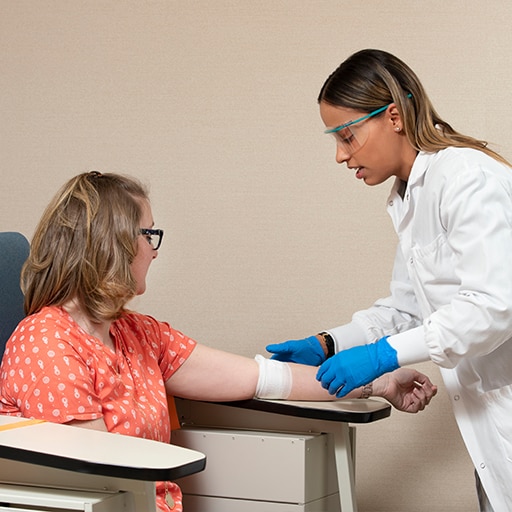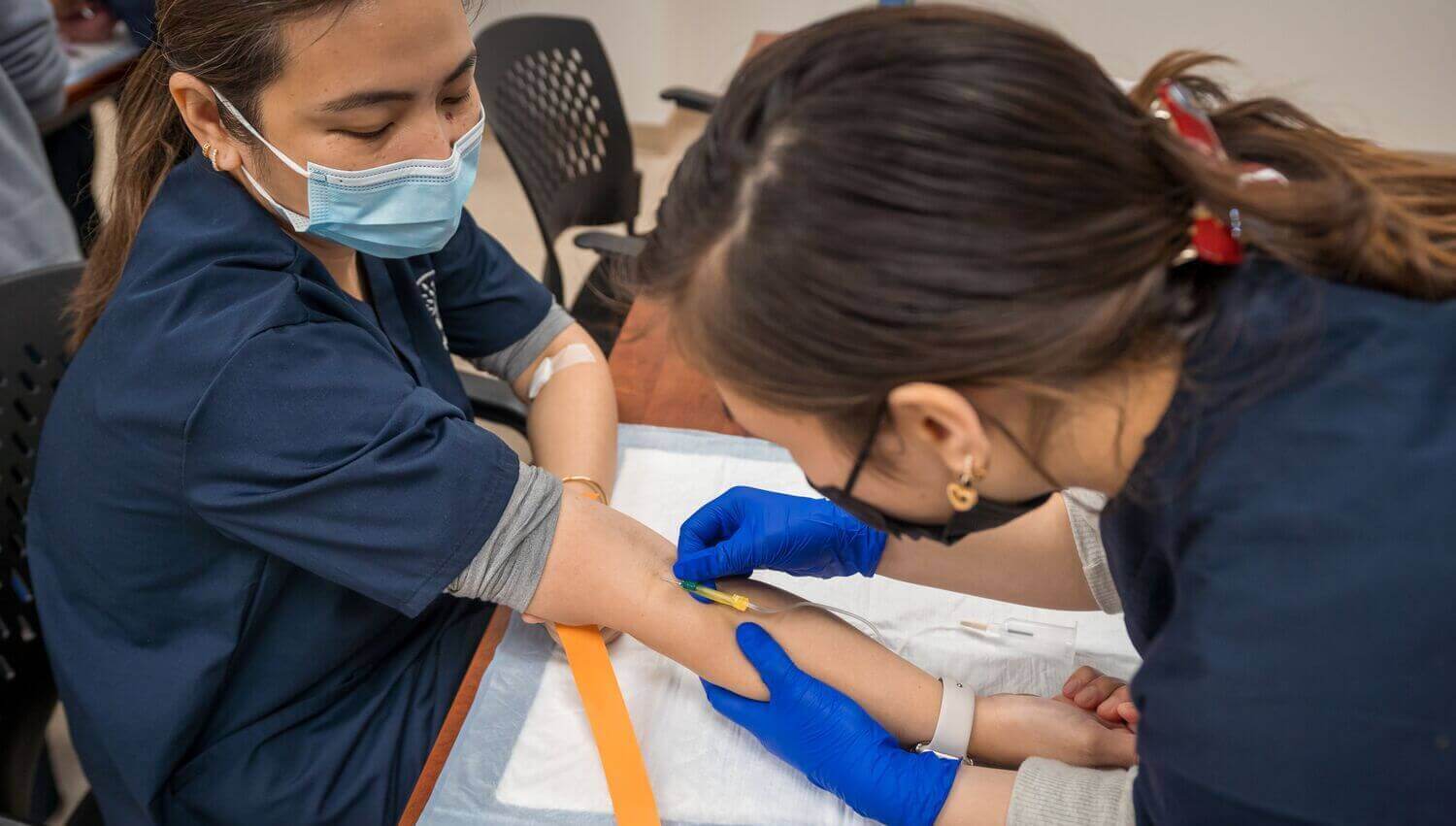Critical Factors to Consider When Choosing the A Lot Of Appropriate Medical College Curriculum for You
Selecting the most fitting medical school educational program is a critical choice that can significantly influence your educational trip and future profession course. As aspiring physician, the choice of curriculum ought to line up with your individual understanding style and profession desires. Nonetheless, beyond these first factors to consider, various vital elements enter play when making this option. By discovering the subtleties of training approaches, educational program flexibility, and professional exposure opportunities, an extra comprehensive understanding of what makes an educational program appropriate for you emerges. Allow's check out these essential aspects that can form your medical education and ultimately, your specialist trajectory.
Personal Discovering Style

Medical institutions that use varied training methods and resources can fit various finding out styles, cultivating a dynamic and comprehensive instructional atmosphere. Eventually, understanding individual knowing preferences empowers trainees to make enlightened choices regarding their medical education, setting a strong foundation for their future professions in health care.
Career Goals Placement

In addition, aligning profession objectives with the medical institution curriculum can additionally boost motivation and engagement throughout the instructional trip. When students see the direct relevance of their coursework to their future occupation, they are most likely to remain focused and specialized to their research studies. As a result, when picking a medical college educational program, it is important to carefully take into consideration how well it straightens with one's profession purposes to make sure a successful and satisfying expert path.
Training Methods
Taking into consideration the placement of job goals with the picked clinical school curriculum, an exam of the teaching techniques utilized comes to be vital in forming the discovering experience. The performance of a medical school educational program greatly depends on the teaching techniques used by the establishment. Different teaching techniques, such as lectures, little seminar, problem-based understanding, simulation-based training, and hands-on medical experience, can significantly affect how well trainees retain and realize information.
Lectures are a conventional however still frequently used approach for supplying content to a huge group basics of trainees effectively. Small seminar foster collaboration, crucial reasoning, and interaction abilities amongst students. Problem-based discovering encourages energetic involvement, self-directed knowing, and problem-solving abilities. Simulation-based training enables students to practice medical abilities in a regulated environment before engaging with actual patients. Hands-on scientific experience supplies a firsthand understanding of patient care and clinical practices.
When picking a clinical institution curriculum, aspiring students must take into consideration the teaching methods used to guarantee that their discovering choices and toughness align with the academic technique of the establishment.
Educational Program Versatility
When examining clinical institution programs, evaluating the degree of curriculum flexibility is necessary for prospective trainees looking for a customized educational experience. Educational program adaptability describes the degree to which pupils can personalize their understanding paths within the clinical institution curriculum. A curriculum that supplies flexibility enables pupils to seek their passions, concentrate on areas where they need extra assistance, and engage in discovering experiences that line up with their occupation objectives.

Potential clinical students must take into consideration how a medical school's curriculum flexibility lines up with their learning choices, occupation ambitions, and personal objectives. By choosing a program that supplies the right equilibrium of structure and adaptability, students can optimize their educational experience and prepare themselves for effective jobs in medication.
Professional Exposure Opportunities
Discovering the functional application of medical understanding, scientific direct exposure opportunities play an essential duty in forming an extensive clinical education and learning. These opportunities offer trainees with vital hands-on experience in genuine read this article healthcare settings, enabling them to connect the void between concept and practice. When thinking about medical school curricula, the top quality and quantity of scientific direct exposure must be thoroughly reviewed.
Reliable medical exposure should offer a varied variety of experiences throughout different specialties, ensuring that trainees are revealed to various medical circumstances and patient demographics. Exposure to outpatient clinics, inpatient wards, surgical cinemas, and emergency situation departments can help trainees create a well-rounded understanding of different elements of medical care distribution. In addition, opportunities for community-based care and communications with underserved populations can promote a deeper recognition for the social components of health.
Furthermore, the existence of encouraging faculty and mentors during these scientific experiences can substantially boost the understanding procedure. Professors advice and positive responses can assist trainees show on their professional encounters, determine areas for improvement, and enhance their decision-making capacities and medical skills (Northeast Medical Institute CNA Classes Near me Stamford). On the whole, durable clinical direct exposure possibilities are important for preparing future medical professionals to supply top quality individual care effectively
Final Thought
In final thought, when selecting a clinical school educational program, it is necessary to consider your individual learning style, alignment with profession purposes, educating approaches, curriculum adaptability, and clinical direct exposure possibilities. These aspects play a most difficult courses in the world according to harvard critical function in establishing the most ideal program for your academic and professional development. Ensure to thoroughly review each facet to make a notified choice that will best sustain your development in the clinical area.
Comprehending one's individual learning design is essential when choosing a clinical school educational program. By recognizing one's learning design early on, aiming medical pupils can tactically pick an educational program that caters to their staminas, ultimately boosting their learning experience and academic success.
When assessing clinical school programs, assessing the degree of curriculum flexibility is vital for possible pupils looking for a tailored instructional experience. Curriculum versatility refers to the degree to which pupils can individualize their knowing paths within the clinical school educational program.In conclusion, when picking a medical institution educational program, it is important to consider your individual discovering design, placement with job goals, educating techniques, educational program adaptability, and medical exposure opportunities.